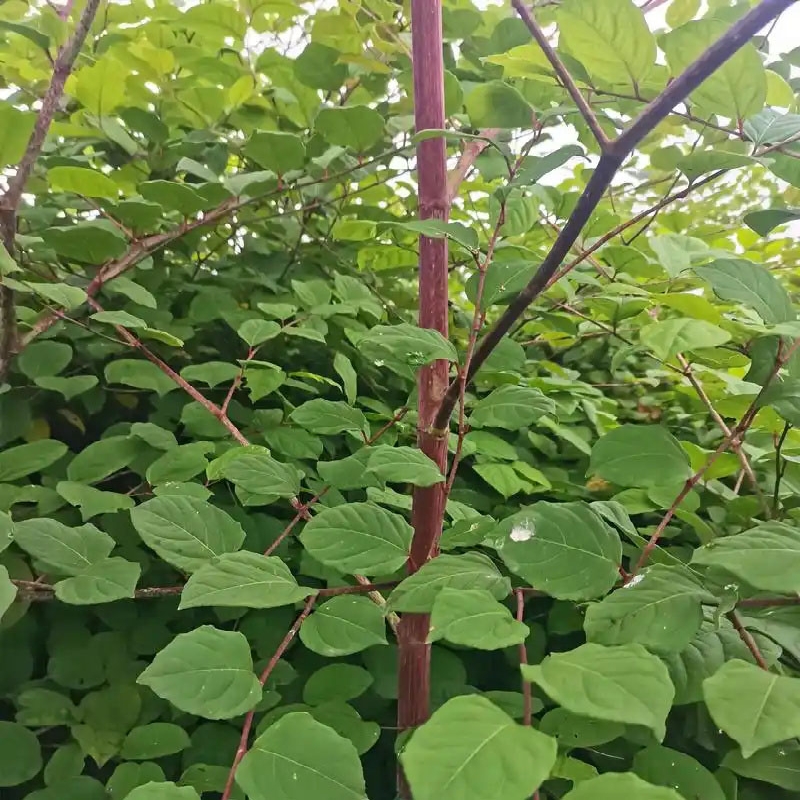Crystal structure of secondary light harvesting complex of higher plants discovered in China
-
Last Update: 2011-03-22
-
Source: Internet
-
Author: User
Search more information of high quality chemicals, good prices and reliable suppliers, visit
www.echemi.com
Recently, the international famous journal natural structure molecular biology published a paper on the 2.8-resolution three-dimensional crystal structure of higher plant photosynthetic membrane protein spinach secondary light harvesting complex CP29 by academician Chang Wenrui, Institute of Biophysics, Chinese Academy of Sciences This is another important breakthrough after the research group analyzed the crystal structure of LHCII, the main light harvesting complex of spinach, in 2004 It is also the first crystal structure of secondary light harvesting complex of higher plants in the world Photosynthesis in nature is realized by a series of protein pigment complexes (such as photosystem I and photosystem II) embedded on the photosynthetic membrane The research on the precise three-dimensional structure of these protein complexes will be of great significance to elucidate the molecular mechanism of photosynthesis, and to use and simulate photosynthesis on this basis to realize "artificial photosynthesis" The primary reaction of plant photosynthesis starts from light harvesting There is a complex and efficient light harvesting antenna system around the core complex of photosystem II It consists of the main light harvesting complex LHCII located in the outermost and the secondary light harvesting complex CP29, cp26 and Cp24 located between LHCII and reaction center CP29 is the largest protein It not only captures the solar energy and efficiently transfers the energy to the reaction center, but also plays a bridge role in the energy transfer between LHCII and the reaction center For many years, the crystal structure of CP29 has not been resolved in the world Several European laboratories have obtained the microcrystalline of CP29, but they all chose to give up because the crystal quality is difficult to improve After more than five years of research, Chang Wenrui group took the lead in independently analyzing the crystal structure of CP29 from spinach The analysis of CP29 crystal structure corrects a prediction CP29 model which has been widely used in many functional researches for many years CP29, an important photosynthetic membrane protein, provides a structural basis for the study of the efficient light harvesting, energy transfer, especially light protection and other energy regulation mechanisms of secondary light harvesting complexes in higher plants at the atomic level The research was supported by the Ministry of science and technology, the natural science foundation and the Chinese Academy of Sciences.
This article is an English version of an article which is originally in the Chinese language on echemi.com and is provided for information purposes only.
This website makes no representation or warranty of any kind, either expressed or implied, as to the accuracy, completeness ownership or reliability of
the article or any translations thereof. If you have any concerns or complaints relating to the article, please send an email, providing a detailed
description of the concern or complaint, to
service@echemi.com. A staff member will contact you within 5 working days. Once verified, infringing content
will be removed immediately.






